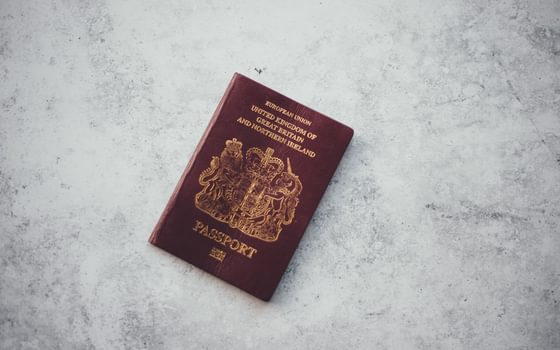Political leaders ignore Remain voters at their peril
New polling of the forgotten 48%
09 October 2016
Our findings:
1. REMAIN VOTERS ARE NOT SUPPORTERS OF THE STATUS QUO:
They say the world is run by a few powerful people (62%); that big business and corporate elites have too much power (55%); and that the economy is headed in the wrong direction (55%).
2. POLITICAL LEADERS CANNOT AFFORD TO IGNORE REMAIN VOTERS:
A total of 68% say they are likely to vote at the next General Election according to how political parties deal with Brexit.
3. INTERNATIONALISM IS EVEN MORE IMPORTANT TO REMAIN VOTERS THAN FREE TRADE:
A total of 77% agreed with a statement saying that issues like tax avoidance, climate change, international security and global poverty can only be tackled by working with other countries and it would be bad for Britain if, in the wake of the Brexit vote, the government retreated from these global relationships.
In comparison, 68% of Remain voters agreed with a statement that it is vital to jobs and businesses that the government guarantees continued access to European markets so British companies of all sizes can continue to trade effectively.
4. REMAIN VOTERS WANT THE GOVERNMENT TO PURSUE AN INTERNATIONALIST “SOFT BREXIT” IN THE MONTHS AHEAD:
A narrow majority still support a second referendum (52%) but there are much bigger margins for an internationalist and liberal negotiating position with Europe with support for maintaining:
- Protections against racism for all minorities and deepening the government’s commitment to equality of opportunity (78%)
- Rights for EU citizens already living in the UK (78%)
- Access to the single market (82%)
- Free movement 62%)
A clear majority say immigration has benefitted our national culture (60%) but an even bigger margin fear that public services like the NHS will not function if Brexit means immigrant doctors, nurses, cleaners and technicians are no longer available (71%).
NOTES TO EDITORS:
The poll was conducted online between 19 and 22 September by Greenberg Quinlan Rosner on behalf of the New Economics Foundation.
The sample consisted of 1504 Remain voters. Data was weighted to be representative of Remain voters in terms of region, age, gender, class and past vote.






